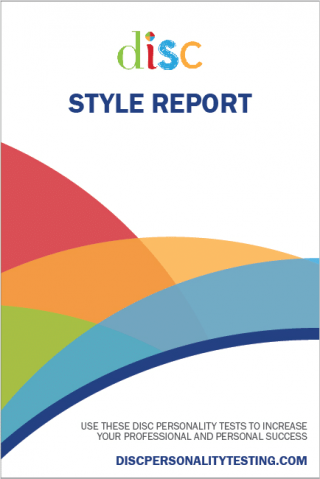One idea that we talk about in our training programs is the idea of what we call benign intent.
When you interact with other people, they will eventually say or do something that you don’t understand or that you understand incorrectly. It might even frustrate or irritate you. Benign intent is based on the presumption &emdash; or assumption &emdash; that they meant no harm to you by what they said or did. Rather than filling the gap in your understanding by assuming they meant to hurt you, manipulate you, or annoy you, you work to assuming that they had no negative or malicious intent. You assume they had benign intent.
We’re not saying that you must assume positive intent. You just assume they meant no harm and that you don’t know completely what they meant or intended. You need to investigate some more.
Why does this matter and how does it tie to the DISC model?
As you grow in your understanding of the DISC model and awareness that other people will say and do things in ways that don’t really make sense to you because they come from a totally different perspective than yours, you start to realize that they might have been thinking something completely different from what you would have been thinking (or feeling) if you said the same thing.
For example, my wife has a lot of Dominant and Inspiring traits. She has a very outgoing personality. She’s very fast-paced, outgoing, expressive, and demonstrative. I’m not. She often says and does things with high intensity, a loud voice, and waving hands. She leans forward and into conversations. She has all of the outward manifestations that &emdash; to me &emdash; look like anger. It looks like anger to me because I would probably be angry if I acted that way.
In the early days of our marriage, I always interpreted her behavior as anger. Even though I have since learned otherwise, my automatic perception is that she is angry.
After a number of years of thinking that she was angry and then finding out she wasn’t, I learned about the DISC model. The DISC model finally gave me a better handle on understanding her style and how it is different from mine. As I learned about the DISC model, I started to realize she’s not angry. She’s passionate. And that is a completely different response.
The presumption of benign intent allows me to look at my wife’s behavior and say to myself: “I wonder what she means by that. Is she really angry or is it just my interpretation?”
I still struggle a bit with this issue, and the presumption of benign intent (combined with knowledge of the DISC model) helps me to navigate the difficulty more successfully.
Here’s why it matters to you. When you master the art of assuming benign intent and using the DISC model to see other people in a different way, it will help you be less stressed. It will help you be less angry. It will help you respond in better ways because you’ll be better able to control your response by not letting their behavior trigger you in a negative way.
Learn to presume benign intent.
When someone says or does something that you don’t understand. When what they say or do frustrates or irritates you, remind yourself that it might not be intended to harm you. It might be something you perceive as negative, and it’s not necessarily intended that way. Work to remain curious about what they really meant rather than leap to judgment and allow yourself to get angry.

